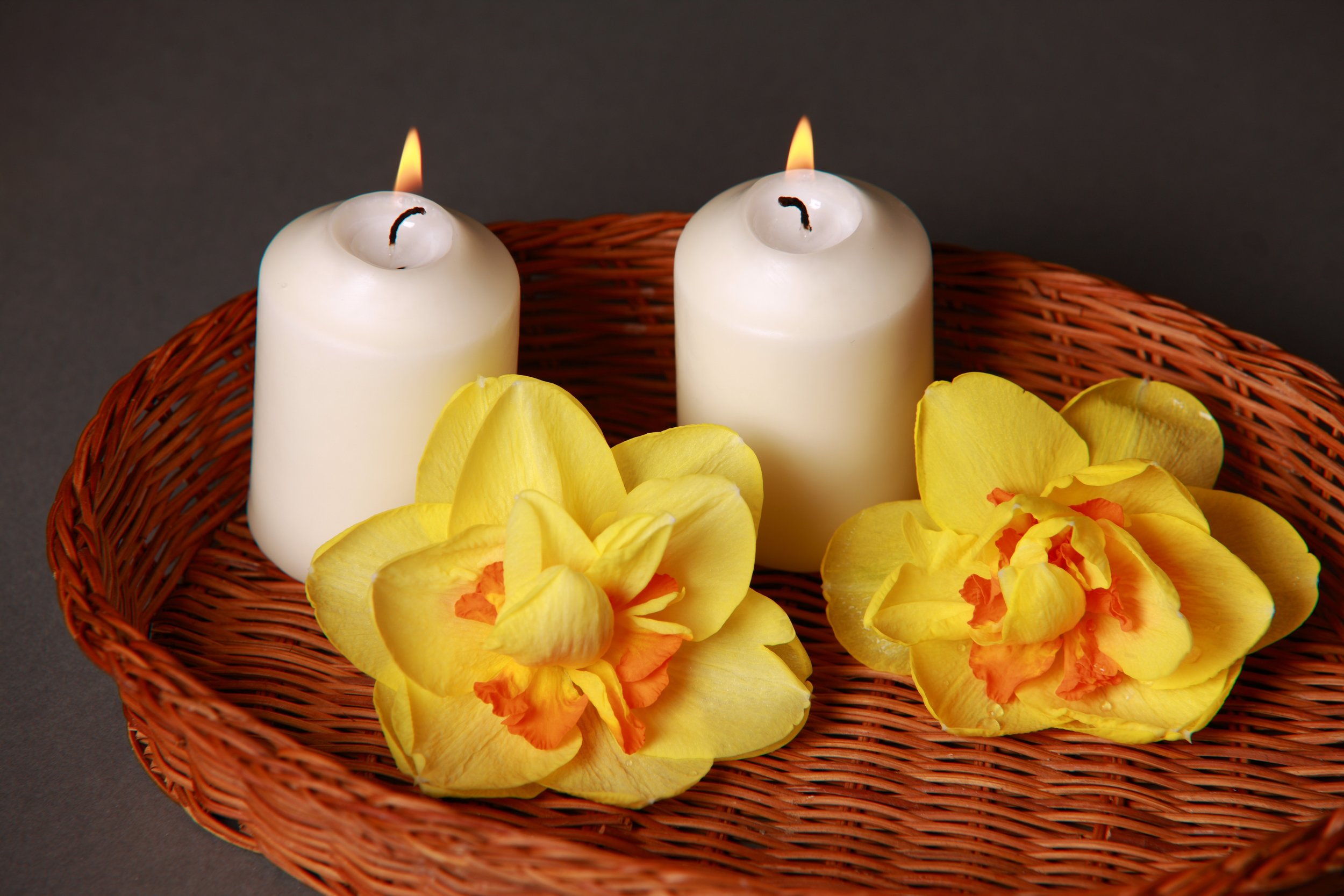Using Acupuncture to Treat Trauma
/The mind/body connection is truly undeniable. When one isn’t working properly, you can bet the other isn’t either. This is perhaps nowhere more complicated than in individuals dealing with trauma.
Trauma is a multifaceted word that embodies so much. Pain, anxiety, post-traumatic stress, memory issues, terror, difficulties adjusting to post-trauma life — it’s almost endless. But if you work to heal the mind, you can often heal the body. And you can use the body to heal the mind, too.
But with what, you might ask? Acupuncture, of course. In fact, it’s a proven way to help reduce stress and anxiety and improve sleep, which naturally lends itself to improved mental health. In dealing with something as serious as trauma, the smallest improvement can mean a world of difference.
As reported on Rfi News, acupuncturist Elise Boghossian packed up her acuneedles and headed to Iraq, leaving her lie behind in Paris and setting out to bring healing to kidnapped and enslaved women in northern Iraq.
She told the site, ““The first time I went to Iraq I was completely alone. I didn’t have colleagues or work with a specific organization. I just had my acupuncture needles to offer people pain relief.”
Through her experiences, she eventually founded NGO EliseCare, an organization with six sites throughout Iraq that offer free medical consultations, continuous psychological care to patients, and medical training in acupuncture, emergency medical care, gynecology, radiology and biology.
You can watch her story, here.








